Short answer: To get all objects that do not have any "answer" with "correct == 1", use the following SUBQUERY:
[NSPredicate predicateWithFormat:@"SUBQUERY(answers, $a, $a.correct == 1).@count == 0"]
Explanation: Both predicates
[NSPredicate predicateWithFormat:@"NONE answers.correct == 1"]
[NSPredicate predicateWithFormat:@"NOT (ANY answers.correct == 1)"]
should work (as I understand the NOT and ANY keywords) but they don't.
They return the same result set as
[NSPredicate predicateWithFormat:@"ANY answers.correct != 1"]
as can be seen by setting the launch argument -com.apple.CoreData.SQLDebug 3 and inspecting the SQL select statements.
This seems like a Core Data bug to me. Using the SUBQUERY is a workaround for that problem.
